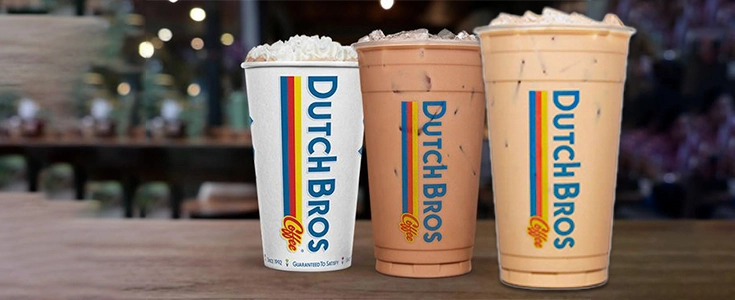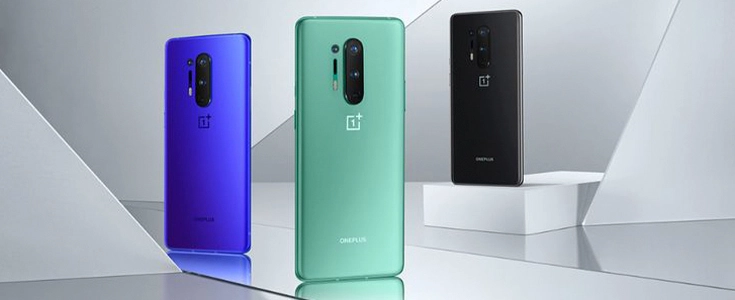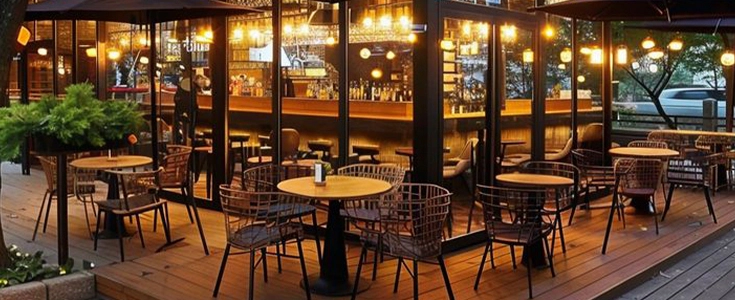
In competitive industries, franchises are seen by entrepreneurs as an easy way to launch a business or grow an existing one. Fast food restaurants such as Subway and McDonald's are big fans of this type of business. By 2028, the franchise industry in India is projected to reach $140-150 billion.
Before you start utilizing this business structure, you need to be familiar with some industry jargon. You must understand the details of franchisor and franchisee. You must understand the differences between franchisor and franchisee. To set up your franchise model more easily, go deeper to discover more about it.
Explain Franchisee and Franchisor
A franchisor is someone who controls and leases a licensed business model to an outside entity. The term "franchise" refers to this third party. To use their business model in a specific area, the franchisee must pay a fee to the franchisor. Thus, the business or person that obtains the license to market the product and trade name franchising.
Understanding the Relationship between the franchisors and the Franchisee
The connection between a franchisor and franchisee is comparable to that of an adviser and advisee. The franchisor is still in charge of providing direction and counsel in the following areas:
- Hiring and educating staff
- Building a real store
- Promoting the goods or services
- Getting the supplies
For the use of intellectual property and assistance, the franchisee must pay a nominal charge. The franchisor typically receives a portion of the gross revenues as well. For the franchisee to successfully evade competition, it must be given an exclusive location.
Advantages of a Franchise
The following are some advantages of the franchise business structure for both the franchisor and the franchisee:
- Compared to beginning a business from scratch, this kind of entrepreneurial model setup is less expensive.
- The company gets a supply network and marketing campaign in addition to immediate brand awareness.
- Franchisees adopt the franchisor's procedures rather than being forced to create their own.
- The franchisor continues to actively counsel and encourage the expansion of the franchisees.
Important Responsibilities of a Franchisee
Let's focus on the main responsibilities before you waste time trying to figure out what makes a franchisor and a franchisee different. The following are the responsibilities of a franchisee:
- Expanding the franchisor's enterprise in an appropriate area
- Safeguarding the franchisor's reputation as a brand
- Assuming the costs associated with starting the business
- Gaining a thorough understanding of corporate norms and procedures observing operational guidelines
- Following the company's marketing plan while keeping brand usage standards in mind
Important Duties of a Franchisor
While you are aware of the distinctions between a franchisor and franchisee, keep in mind that the latter's responsibilities are subject to change based on the terms of the franchise agreement and business plan. Giving the franchising relationship an important chance to launch their own business is one of the franchisor's primary responsibilities.
A franchisor's additional duties include of:
- Granting the franchisee the authority to provide services under the company's name
- Giving the first training about expanding the company and running the day-to-day operations in line with the recognized entrepreneurial model
- Providing on-site instruction for the first day of operation and beyond
- Providing a carefully selected list of examined merchants and suppliers to acquire the appropriate supplies and machinery
- Helping with appropriate marketing and advertising initiatives
- Supplying advice on the established business procedure
- Enabling regular help with management, operations, and other areas for the franchisee
Franchise Business Structure: A Real-World Example
Everybody knows about McDonald's fast food restaurants. It's a well-known instance of a business that used the franchise model to expand globally. In 1940, McDonald's was founded in San Bernardino, California.
But in 1995, Ray Kroc opened the company's first legitimate franchise. McDonald's is currently available in over 100 countries. Of them, local businesses own 93% of the restaurants.
While obtaining long-term leases for other franchised areas, McDonald's owns the properties utilized by franchisees in specific areas. Franchisees must end the bill for a portion of the furniture, advertising, and seating that the business provides for the site, per the terms of the contract.
McDonald's continuous dedication to providing consistently high-quality meals across the board has allowed them to achieve success with the franchise business model. Thus, the food you purchase in a Los Angeles store will taste the same as it does in a Mumbai store. While maintaining complete control over their own hiring practices and pricing, franchisees profit from McDonald's extensive global experience and strong brand image.
Franchisor vs Franchisee
A franchisor and franchisee are very different from one another, as you can see. The franchisee is a small business owner who is in charge of running a particular location daily.
The franchisor is in charge of managing the overarching strategy for the brand and each of its franchisees. Whether it's extra help or royalties from the franchisee, each party owes the other something.
Examples of Franchisees and Franchisors
The food business has a large number of the most prominent examples of both franchisors and franchisees. However, franchises can be used to run anything from retail stores to hotels to movie theaters to fitness centers.
In the food industry, McDonald's, KFC, Olive Garden, and Dunkin' are a few of the most well-known franchises.
Bath & Body Works, Gap, Inc., and Plato's Closet are a few well-known retail franchisors.
In the fitness sector, there are other franchises including Club Pilates, Rumble Boxing, 9Round, Pure Barre, and Anytime Fitness.
Hotels are yet another well-liked franchise option. Franchises are used by well-known hotels including Super 8, Hampton by Hilton, Hyatt Hotels & Resorts, and Days Inn.
Blockbuster is a singular illustration of a franchisee, as opposed to a franchisor, dating back almost a century. Although the franchisor filed for bankruptcy and shut down in 2010, there is still one franchisee store in Bend, Oregon.
Conclusion
Franchisees apply the franchisor's training, business methods, and expertise in their locations. Although they have independent day-to-day management, franchisees essentially have a framework for creating a successful franchise location. A franchise system's long-term viability depends on both the franchisor and the franchisee, even though their jobs are completely different. So, the franchisor and franchisee can maintain day-to-day operations while improving their business connection and averting future problems by clearly outlining and comprehending each party's duties. It is essential to understand the franchise and franchisee relationship structure before beginning a franchise or buying one.





